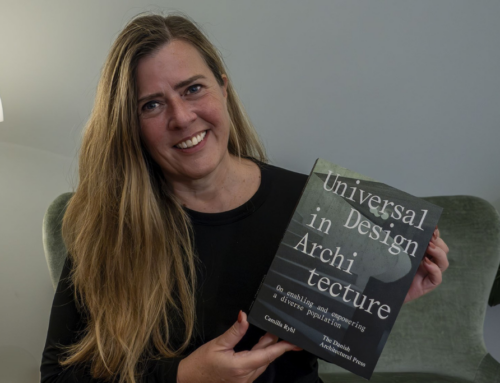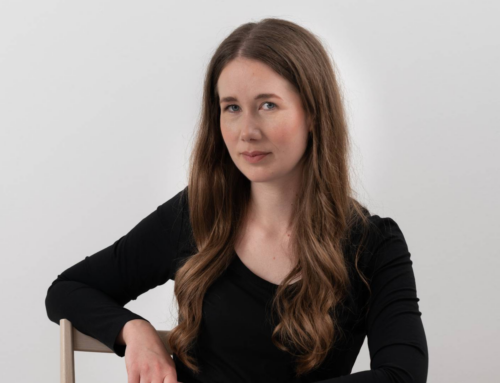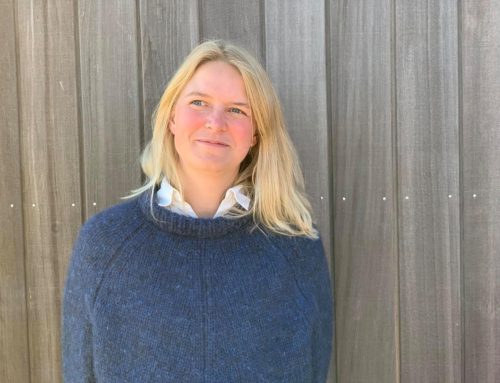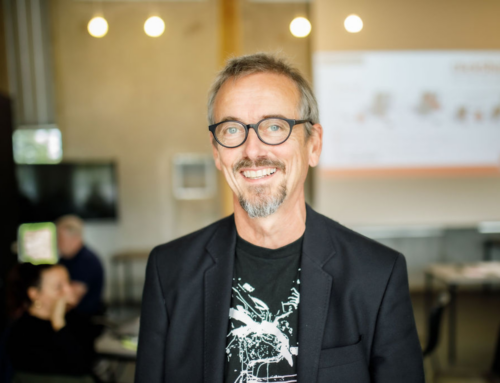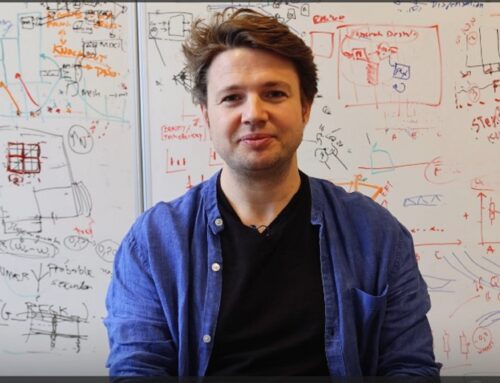
The Digital Denmark Can be a Challenge for Disabled People
Our society has become digital, but digital solutions are not always designed to embrace people with limited digital skills or people who need accessibility to navigate the web. A new PhD project studies how citizens get help when they encounter inaccessible public digital services.
The article is published on 11/04/2022.
Housing subsidies, accessing public services through the Danish digital log-in solution ‘MitID’ or going through your child’s timetable through the Danish online school system ‘Aula’. Our society has become digital, and in many places, we need to access websites to receive information or seek support for various welfare services. But many websites and digital solutions do not have the flexibility needed to include citizens’ diversity.
“If we aim to create more accessible digital platforms, websites, etc., we must create flexible digital solutions that meet a diversity of needs,” says Barbara Nino Carreras, PhD Fellow at the IT University of Copenhagen.
She is in her second year of her PhD studies, where she is mapping the help structures around people who encounter inaccessible public digital services.
Even though since 2008 public websites have been required to comply with the ‘Web Content Accessibility Guidelines’, WCAG, so that people with disabilities can navigate websites and mobile apps on equal terms, many websites and web applications do not live up to this requirement according to Barbara Nino Carreras.
Among other things, this means that people with disabilities are dependent on help to be able to do everyday things such as applying for housing subsidies, obtaining MitID, etc.
Informal help
In her dissertation, she focuses on what she calls informal help, i.e., voluntary help such as support from a family member. People who provide informal help, often seek help at libraries and this is where Barbara Nino Carreras has collected a large portion of her data. At libraries she spoke with citizens who were seeking help as well as the staff behind the counter who were there to assist. Overall, the library where she conducted her study provides digital support to both those who need assistance and those who help voluntarily. When informally supporting citizens, there are some considerations that need to be considered.
“Informal help often includes handling sensitive personal information, and if you make a mistake when typing important information regarding an application for subsidies, you may not get your money, so it’s a big responsibility for the person who is helping”, says Barbara Nino Carreras.
According to the researcher, it is important to keep the ethical questions in mind. When informally helping a citizen, one may have access to medical records, etc., and it may not always be appropriate for a friend or a son or daughter to have access to this information.
“Digital accessibility is also very much about respecting the dignity and personal autonomy of individuals” she says.
Barbara Nino Carreras has also learned that it can be difficult to correct the flaws and shortcomings of digital systems.
“During my observations at the library, I learned that it was not always clear where to turn in order to draw attention to a design problem,” she says.
She is currently in the process of publishing a report on her field study.
“Hopefully, with our new knowledge, we can shed light on how our current approach to digitisation can be improved and include more people in the future,” she says.
Barbara Nino Carreras
PhD Fellow at the IT University, Copenhagen (ITU)
With her PhD project, she aims to map the help that citizens receive when they encounter inaccessible public digital services.
The project is part of the Nordic research project: Infrastructures for Partially Digital Citizens: Supporting Informal Welfare Work in the Digitized State (SOS Project).
Member of the Bevica Foundation’s research network
Read more research profiles
